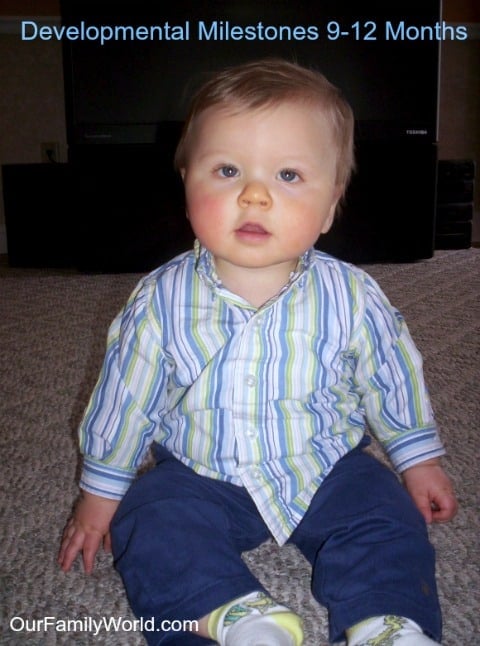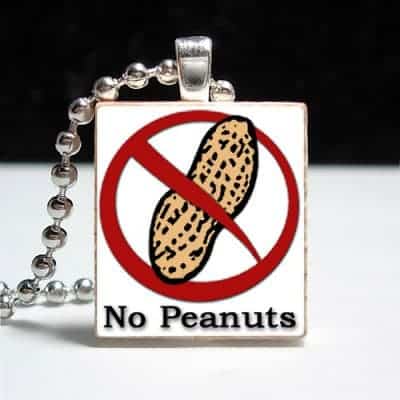Once your baby reaches nine months, the developmental milestones really start flying by. This is a very busy time for your little one! During these next three months, it’s quite possible he’ll go from sitting up to crawling to standing to walking! That’s a lot of major gross motor skills development. Your days of putting your baby in one spot and having him stay there are gone. If you thought your energy levels were wiped out from sleepless nights and 3am feedings during the first two months of development, just wait until you try to keep up with a baby who’s only goal in life now is to get into spaces that you don’t want him into.
Developmental Milestones: 9-12 Months
Gross motor skills
- He crawls faster. Make sure to have a safe environment for him.
- He may hold himself onto a furniture in order to stand up.
- He can sit for longer periods. He may switch from sitting to standing more easily
- He may even start walking by the end of these three months, although don’t be worried if he doesn’t. Some babies start walking as early as 9 months, while others take their time and may not start until well after their first birthday.
Fine motor skills
- By12 months, he will pinch and hold small objects between his thumb and index finger and put them into containers
- He will learn to coordinate his head and eyes.
- He will make marks with crayons, turn pages, roll a ball, stack and disassemble toys. Now is a good time to pick up some fun stacking toys to help encourage these fine motor developmental milestones.
Communication and language developmental milestones
- He babbles 2 or 3 words repeatedly. He may point his finger to show something he is interested in
- He may recognize some familiar words: bye bye(lifts arms), No (stops the action he is doing).
- He will react to his name.
Cognitive development: understanding
- He is beginning to be interested in books and music. He enjoys when you show him a book
- He looks for a toy when you hide it.
- He understands that his parents react to his own reactions: such as crying, laughing.
Relationships: social and emotional development
- He may imitate some of the things other people do: such as trying to feed his teddy bear.
- He starts playing on his own for a short period of time
- He is afraid when he does not see you. He wants his mother to take care of his needs and is scared by strangers. It is normal.
While toys were definitely a major benefit in helping reach those developmental milestones before, they become a vital part of your child’s life now. Toys can help your budding toddler learn while having fun. Choose from developmental toys for babies that are designed to enhance a skill, but also allow some open-ended exploration.


